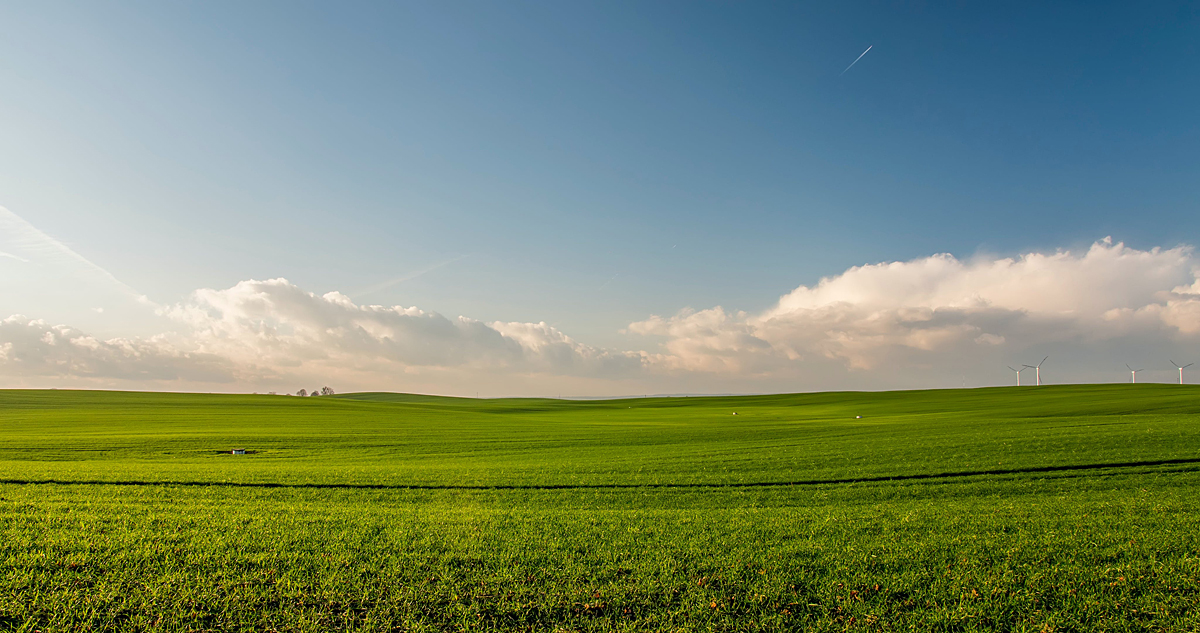PREVIOUS STORY
‘Mission impossible’ and ‘mission essential’ collide in WTO farm talks
SEE ALSO
WTO ministers’ meeting — no interaction, no movement, just speeches
Texts: state of play in WTO farm talks and the crisis-meeting invitation
and all stories on this topic (tagged “food stockholding”)
UPDATE: The draft prepared for the February 26–29, 2024 Ministerial Conference was circulated on February 16. It still pushed the deadlines back to the next conference, but with options throughout: members “shall” agree by then or they “agree to work towards” the target.
The deadlock remained over whether price support in food security stockpiling (PSH) should be a stand-alone decision at this conference or resolved with all the other topics by the next one.
See the full update below
Posted by Peter Ungphakorn
FEBRUARY 5, 2024 | UPDATED FEBRUARY 18, 2024
World Trade Organization agriculture negotiators are spending the first two weeks of February scrutinising a draft text for the WTO’s upcoming Ministerial Conference.
In a meeting on January 30, 2024 they accepted the draft as the document to work on for the February 26–29 conference in Abu Dhabi — the WTO’s 13th Ministerial Conference, called “MC13” by insiders.
It was prepared by the talks’ chair, Ambassador Alparslan Acarsoy of Türkiye.
The 5-page draft is detailed, but for most issues it postpones any resolution until the Ministerial Conference after Abu Dhabi — “MC14” — normally within two years.
However, one issue still threatens to sink the whole effort. This is about finding a long-term solution for the present short term fix for over-the-limit subsidies used to buy into food security stocks (explained here).
Members disagree on whether this should be a single-issue decision or part of a package covering the whole of domestic support. (More below.)
A WTO website news story summarises its content in detail.
Continue reading “Chair’s draft pushes WTO farm talks deadlines back to next conference”











